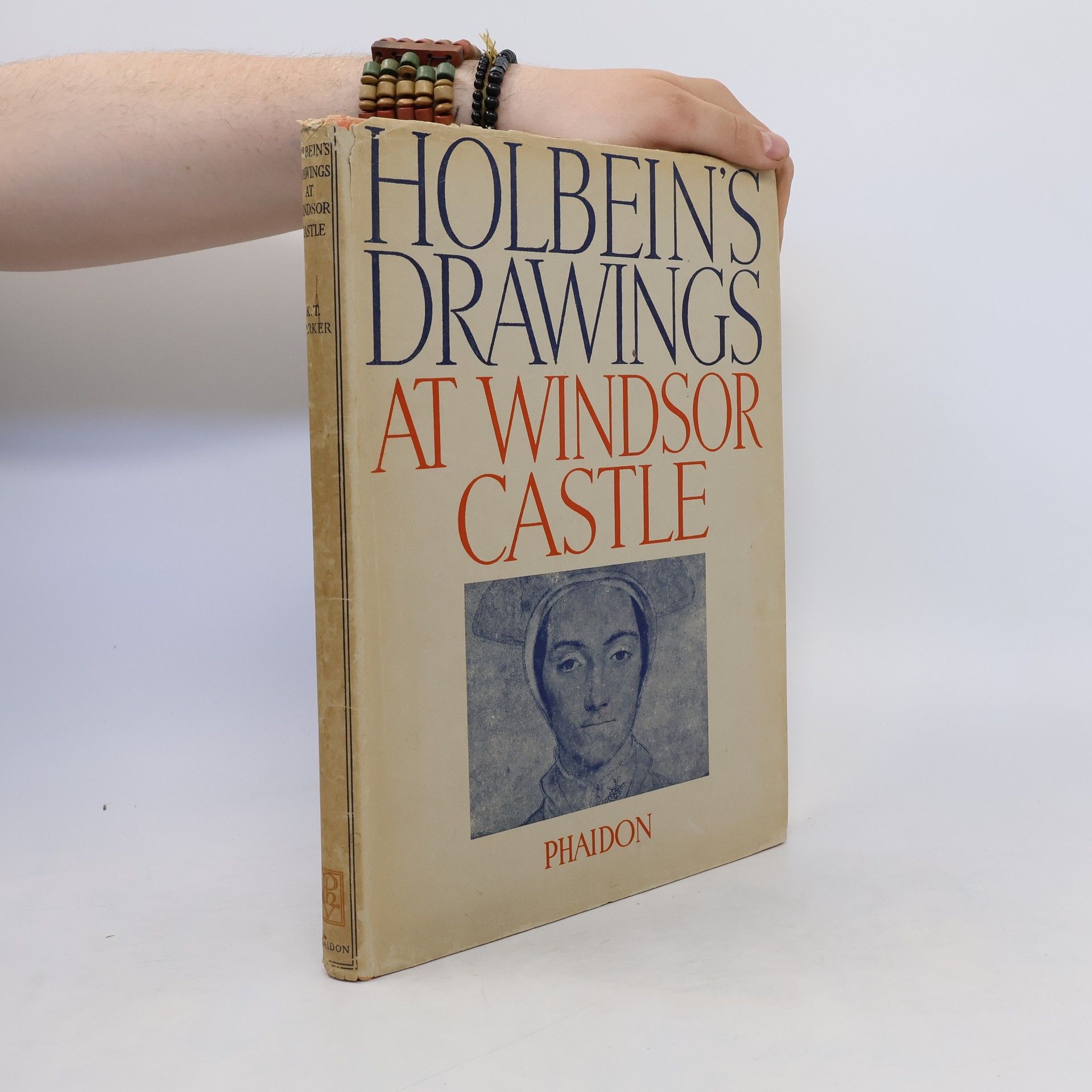Tanec smrti: Zvláštní vydání
- 92 stránok
- 4 hodiny čítania
„Tanec smrti" Hanse Holbeina mladšího (1497 – 1543) je vrcholným dílem, které spojuje myšlenky končícího středověku a nastupující renesance. Téma smrti, které se vyvinulo od 14. století, se objevovalo v různých formách, včetně divadelních a maleb na hřbitovech. Na konci 15. století se "tanec smrti" již prezentoval v knižní podobě s dřevoryty. Holbein vytvořil své slavné dílo v letech 1524-25 v Basileji, kde byl obeznámen s místními verzemi „tance smrti". Na rozdíl od předchozích interpretací, které ztvárňovaly smrt jako stín, Holbeinova smrtka je živou postavou, která interaguje s lidmi jako přítel či nepřítel. Jeho dílo reflektuje myšlenku, že „jsme uprostřed života, v objetí smrti", přičemž Holbein zachycuje klíčové okamžiky v životě jednotlivce. Vysvětlující texty jsou minimální, stačí jednoduché označení stavu nebo věkové skupiny. Holbein „Tanec smrti" nakreslil třikrát, přičemž dřevoryty vytvořil Hans Lützelburger. První „zkušební" výtisky byly otištěny již v roce 1526. V roce 1538 bratři Trechselové vydali první datované výtisky v Lyonu. Toto dílo vychází v Čechách poprvé a zachovává hierarchii tehdejší doby. Dva obrazy z „Tance smrti" se nacházejí také na zdi prachatické radnice.

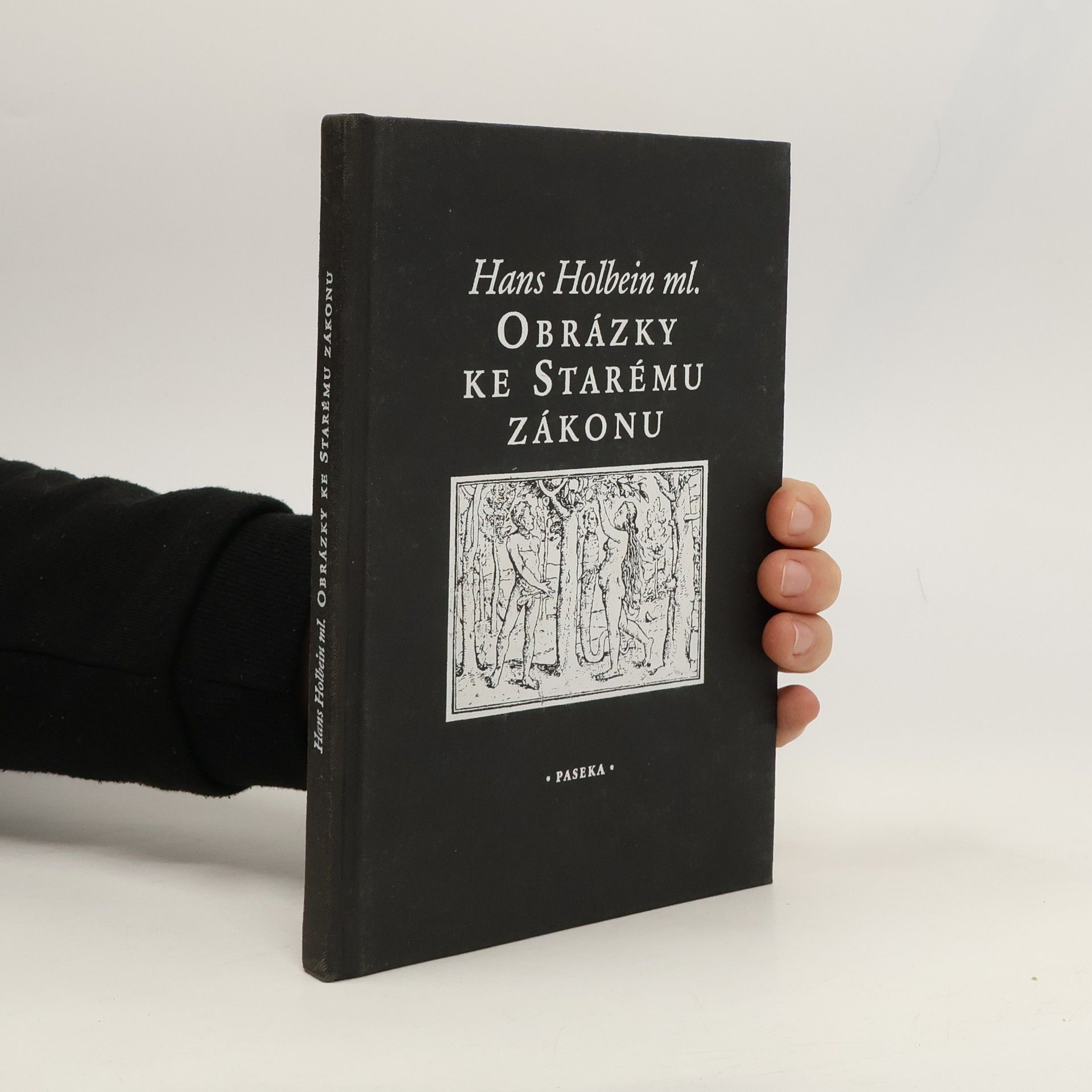
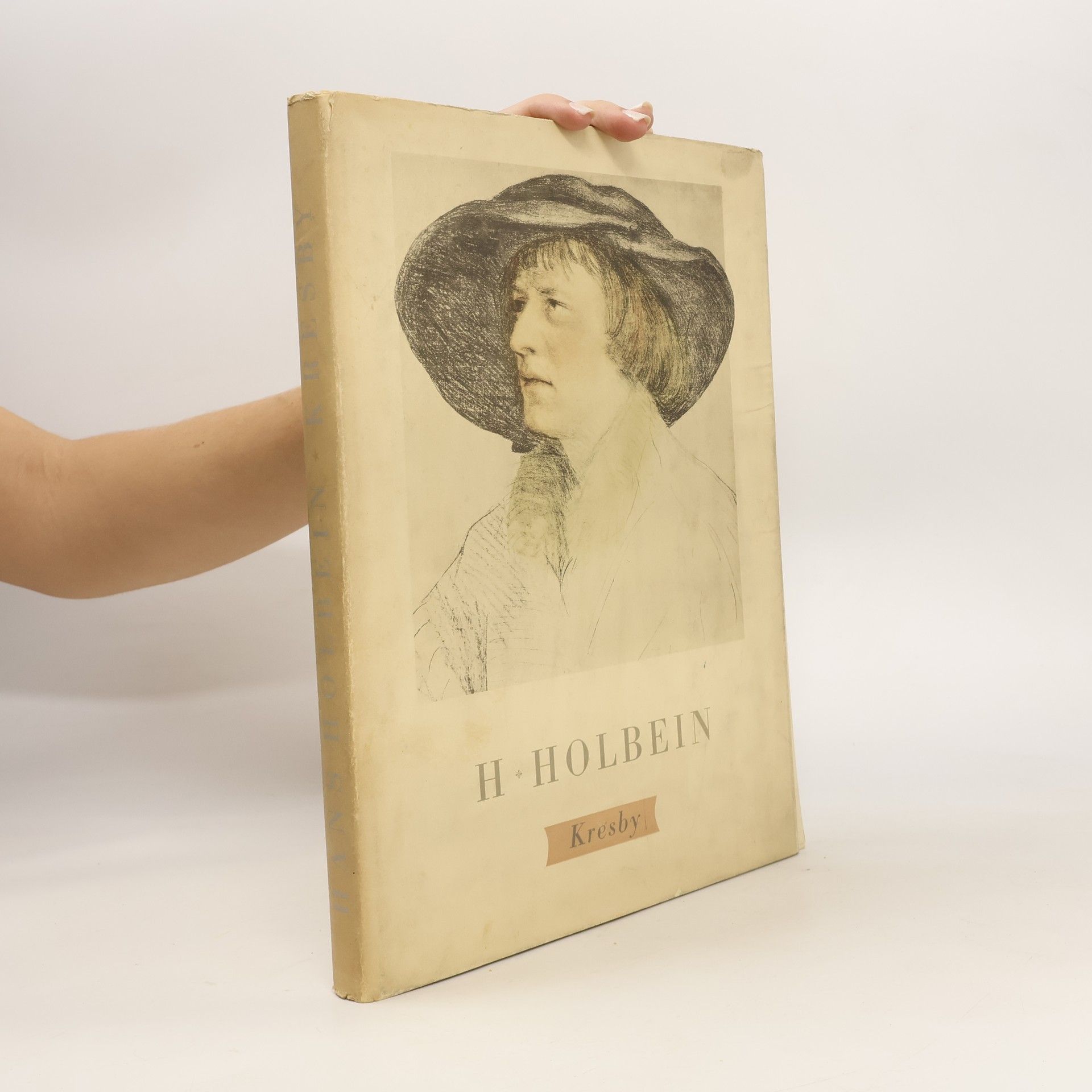
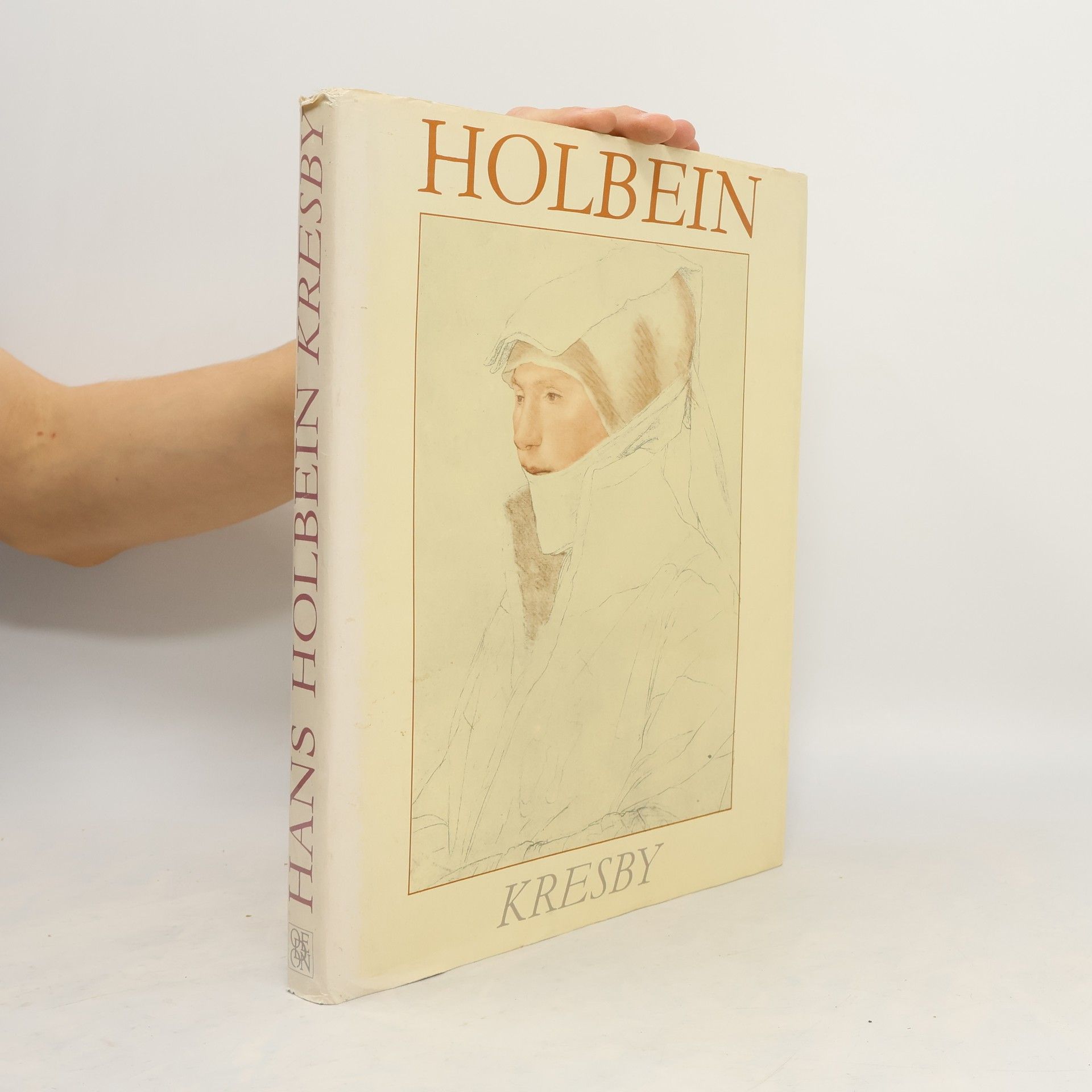
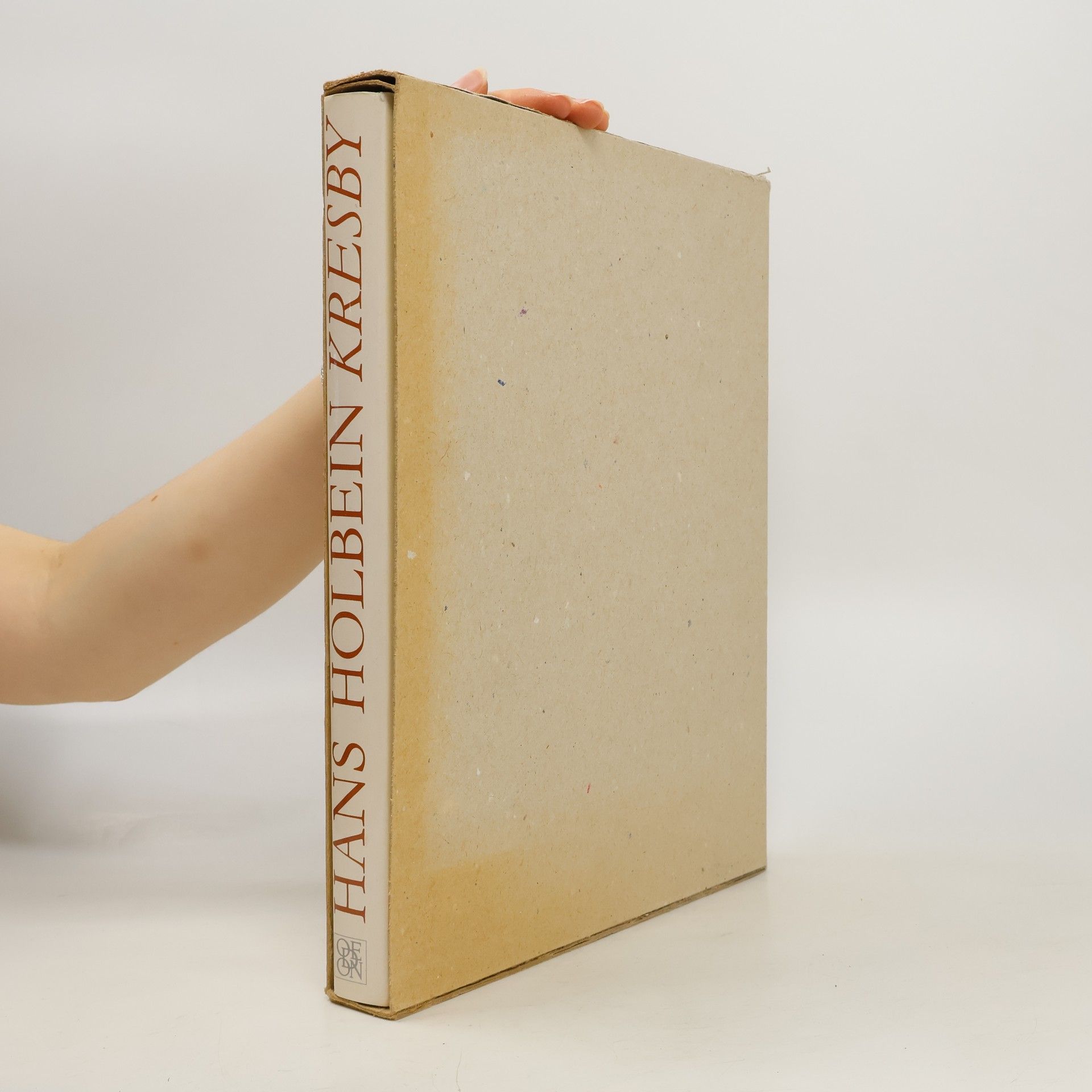
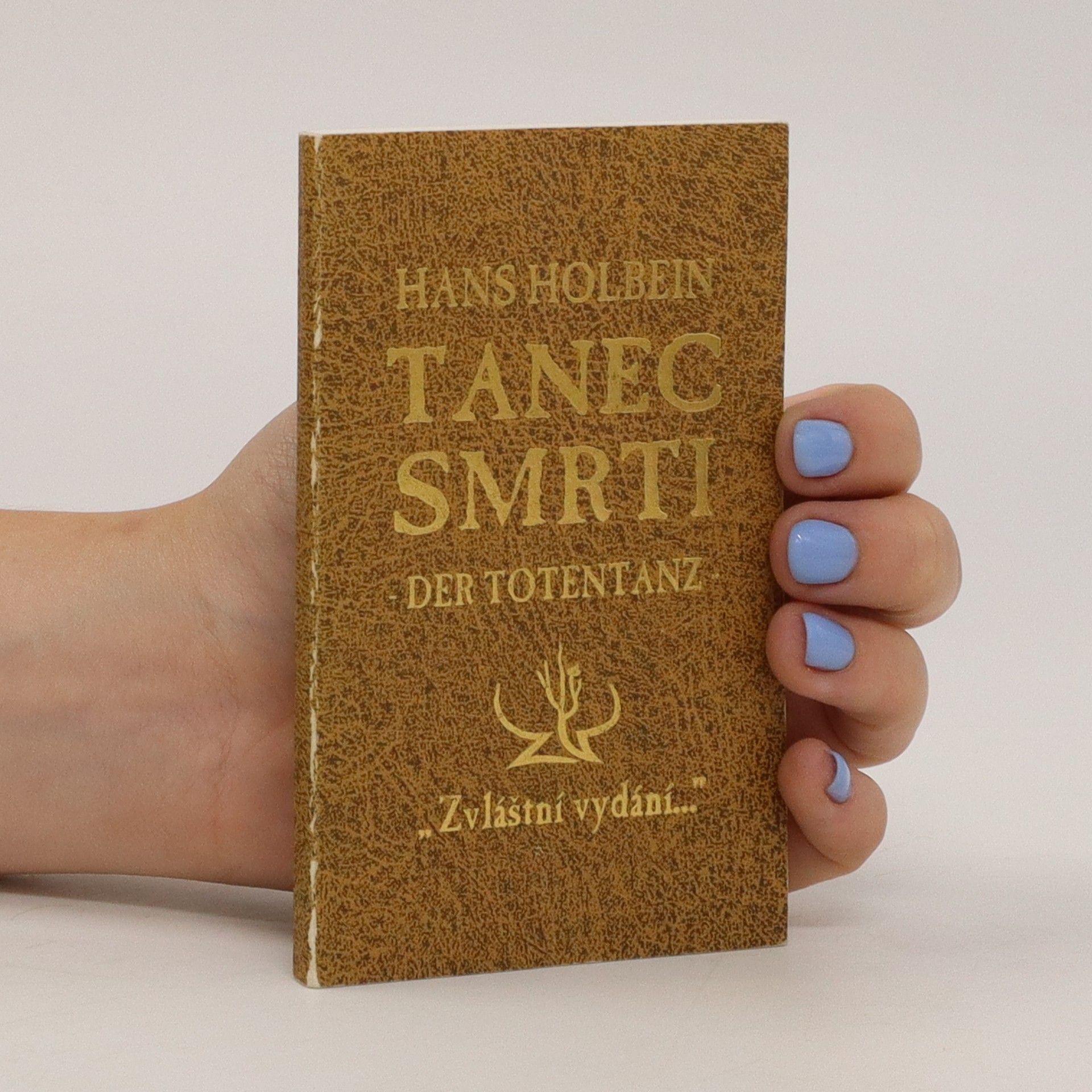
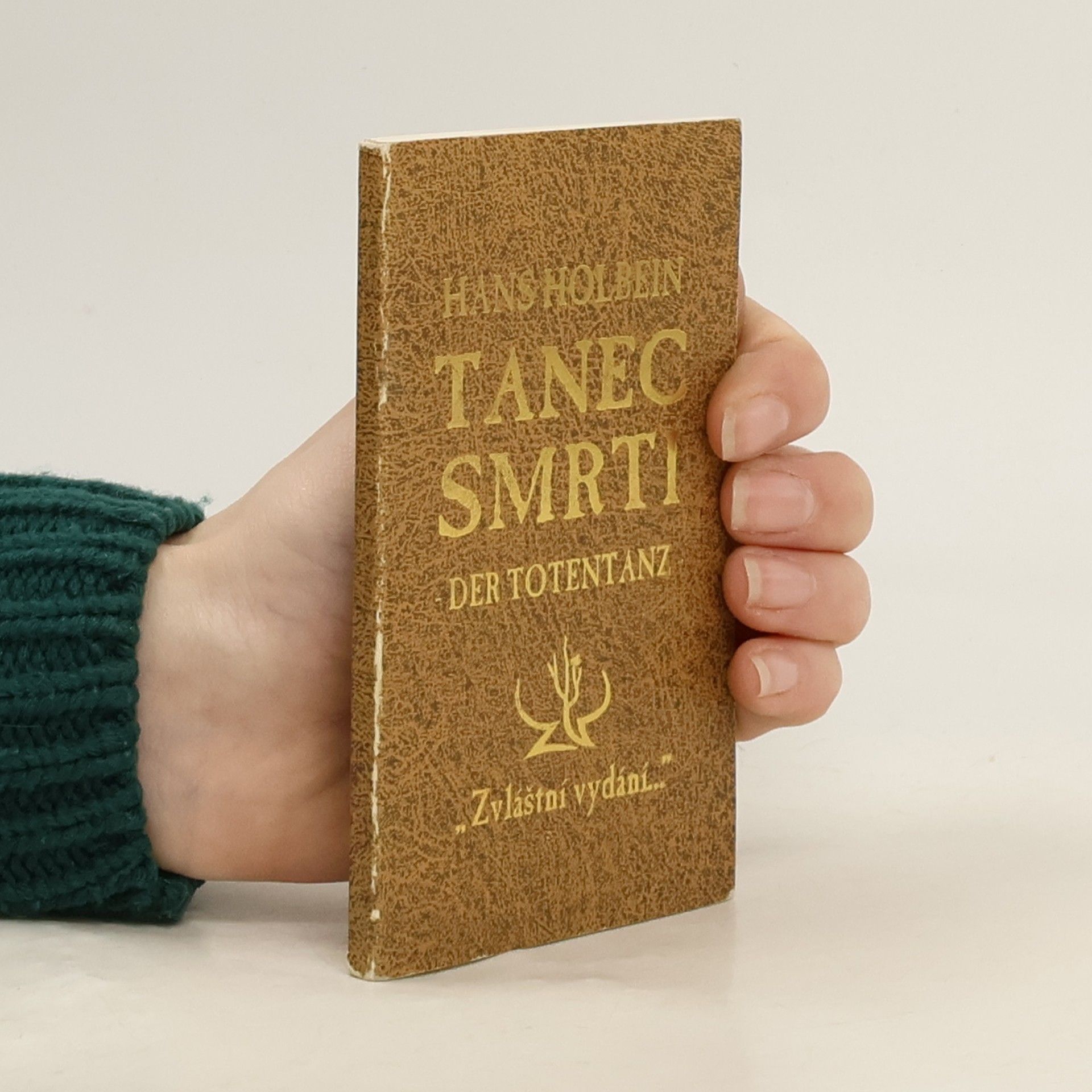

![Hans Holbein: paintings, prints, and reception [proceedings of the symposium "Hans Holbein: Paintings, Prints, and Reception, held 21 - 22 November 1997 in Washington]](https://rezised-images.knhbt.cz/1920x1920/59817549.jpg)

